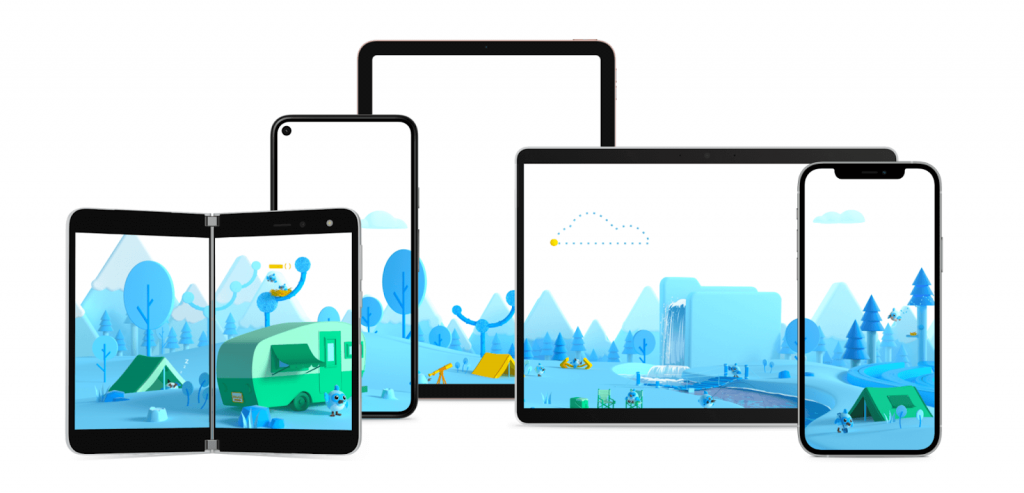
When Google announced that they were bringing their Flutter UI Toolkit to Linux, there were a lot of mixed reactions. Some thought this would revolutionize desktop Linux, others thought it would increase reliance on Google.
But with the amount of fragmentation between different Linux projects (especially when it comes to the UI), do we really want or need another UI Toolkit?
What Is Flutter?

Flutter is a new UI toolkit from Google that aims to allow app developers the ability to create apps for multiple platforms from a single codebase. According to the Flutter documentation:
Flutter is Google’s UI toolkit for building beautiful, natively compiled applications for mobile, web, and desktop from a single codebase.
Desktop support allows you to compile Flutter source code to a native Windows, macOS, or Linux desktop app. Flutter’s desktop support also extends to plugins—you can install existing plugins that support the Windows, macOS, or Linux platforms, or you can create your own.
While this may sound beneficial for developers, we also need to remember that Qt provides many of the same features. Additionally, Qt is much more mature – not to mention not being made by Google.
What Is Wrong With Flutter?
As we have touched on previously, there are already enough UI toolkits available for the Linux desktop. Most notably among those are Qt and GTK. Both are open-source, well documented, and cross-platform.
Alongside these two major toolkits, we also have some others such as Electron and TK. Why Google believes we need yet another toolkit is beyond me. This is made even worse by the fact that Flutter doesn’t make use of the standardized Qt and GTK widgets. This means that Flutter apps look out-of-place on Linux, especially on GTK-based desktops (as they make more use of rounded corners).
Additionally, Google doesn’t have a particularly good track record when it comes to maintaining projects. Just take a look at Google Glass and Play Music. Even the projects that they maintain often fail (looking at you Floc). If Google suddenly decided Flutter for Linux wasn’t so useful anymore, they could be killing thousands of potential apps.
This leads to a wider problem associated with this corporate support of Linux: More reliance on Google. Ever since the creation of Linux in 1991, major corporations have mostly left it alone. This has put Linux in a very unique position where it doesn’t rely on anything other than the community to function. Why should we change this?
Wrapping Up
Although Flutter is a very cool technology, we can’t let it envelop the Linux desktop. By adopting Flutter, the Linux community is building a reliance on Google, which as we have seen in Chromium, can backfire very easily. Even worse, we have already started to see the adoption of Flutter, most notably with the new Ubuntu desktop installer.
Between the mismatching UI, a new reliance on Google, and the fact that there are already so many alternatives, I’m sure you can agree that Flutter is a bad idea. We must ensure Linux remains independent, even if that means turning down a cool new technology.
The views and opinions expressed are those of the authors and do not necessarily reflect the official policy or position of It’s FOSS.
- Even the biggest players in the Linux world don't care about desktop Linux users. We do.
- We don't put informational content behind paywall. Your support keeps it open for everyone. Think of it like 'pay it forward'.
- Don't like ads? With the Plus membership, you get an ad-free reading experience.
- When millions of AI-generated content is being published daily, you read and learn from real human Linux users.
- It costs just $2 a month, less than the cost of your favorite burger.
Become a Plus Member today and join over 300 people in supporting our work.

![Why I Think Flutter Doesn't Deserve a Place on the Linux Desktop [Opinion]](/content/images/size/w30/wordpress/2021/05/flutter.png)







